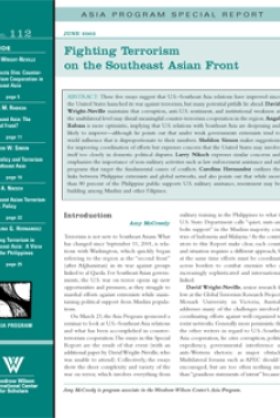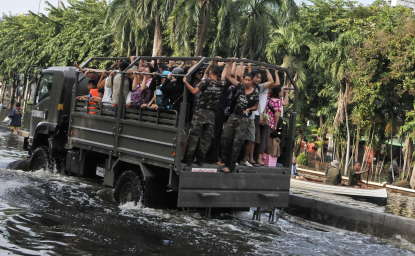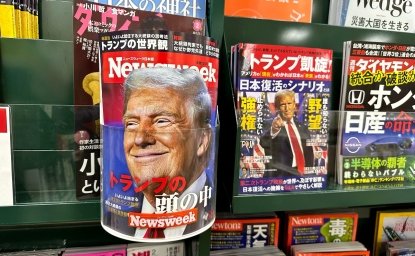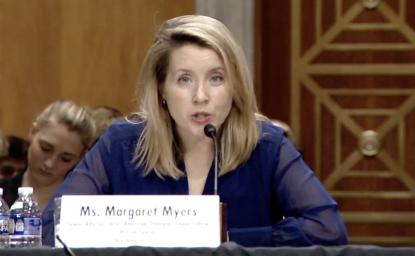Fighting Terrorism on the Southeast Asian Front


These five essays suggest that U.S.–Southeast Asia relations have improved since the United States launched its war against terrorism, but many potential pitfalls lie ahead. David Wright-Neville maintains that corruption, anti-U.S. sentiment, and institutional weakness at the multilateral level may disrail meaningful counter-terrorism cooperation in the region. Angel Rabasa is more optimistic, implying that U.S. relations with Southeast Asia are deepening and likely to improve—although he points out that under weak governments extremists tend to wield influence that is disproportionate to their numbers. Sheldon Simon makes suggestions for improving coordination of efforts but expresses concern that the United States may involve itself too closely in domestic political disputes. Larry Niksch expresses similar concerns and emphasizes the importance of non-military activities such as law enforcement assistance and aid programs that target the fundamental causes of conflicts. Carolina Hernandez outlines the links between Philippine extremists and global networks, and also points out that while more than 80 percent of the Philippine public supports U.S. military assistance, resentment may be building among Muslim and other Filipinos.

Indo-Pacific Program
The Indo-Pacific Program promotes policy debate and intellectual discussions on US interests in the Asia-Pacific as well as political, economic, security, and social issues relating to the world’s most populous and economically dynamic region. Read more

Explore More
Browse Insights & Analysis
Myanmar’s Junta and the 2026 Elections: A Fig Leaf for Legitimacy?

Climate Change, Peace and Security: Discourse Versus Action in Asia

